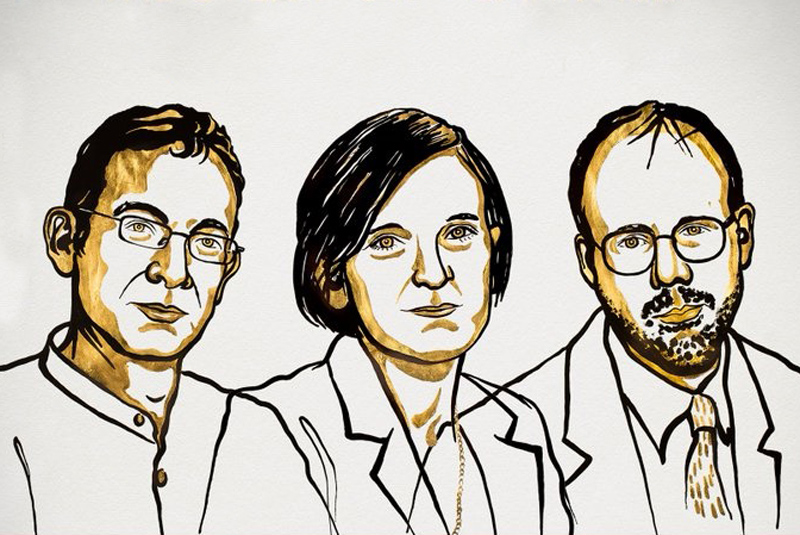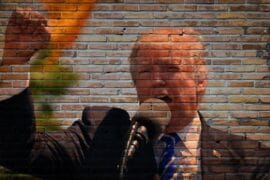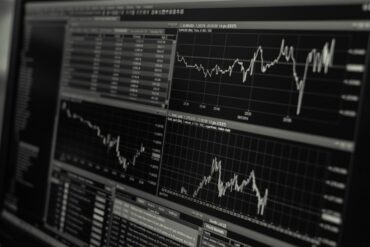The Sveriges Riksbank Prize in Economic Sciences in Memory of Alfred Nobel 2019 (commonly known as the Nobel Prize for Economics) has been awarded to Abhijit Banerjee, Esther Duflo and Michael Kremer “for their experimental approach to alleviating global poverty”. Through the award, the Nobel committee recognised both the significance of development economics in the world today and the innovative approaches developed by these three economists.
Global poverty continues to be a massive challenge. The award follows Angus Deaton, who received it in 2015 for his contributions to development economics – the field that studies the causes of global poverty and how best to combat it – particularly, his emphasis on people’s consumption choices and the measurement of well-being, especially the well-being of the poor.
Well-developed theory can highlight what causes poverty and, based on this, suggest policies to combat it. But it cannot tell us exactly how powerful specific policy measures will be in practice. This is precisely where the contributions of Banerjee, Duflo and Kremer lie. The Nobel citation gives several examples of their impact, including how their research has helped education, health and access to credit for many in the developing world, most famously in India and Kenya.
-30-
Copyright©Madras Courier, All Rights Reserved. You may share using our article tools. Please don't cut articles from madrascourier.com and redistribute by email, post to the web, mobile phone or social media.Please send in your feed back and comments to [email protected]











